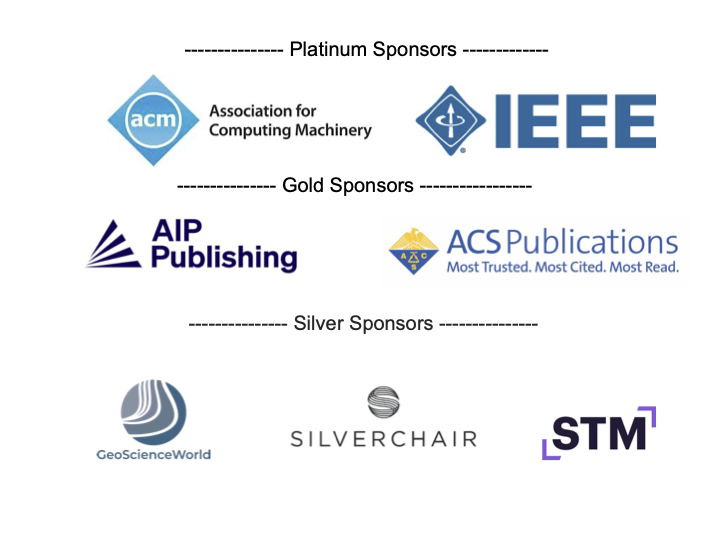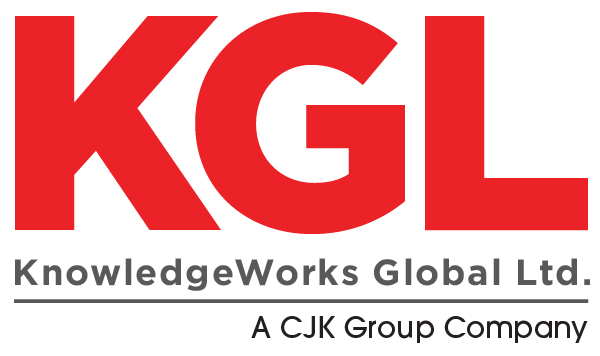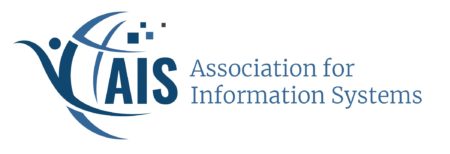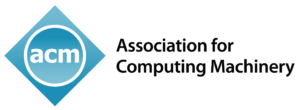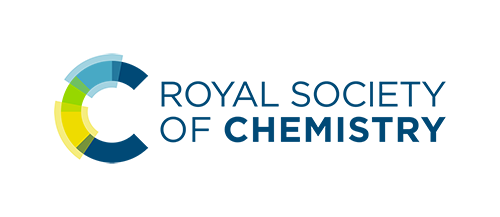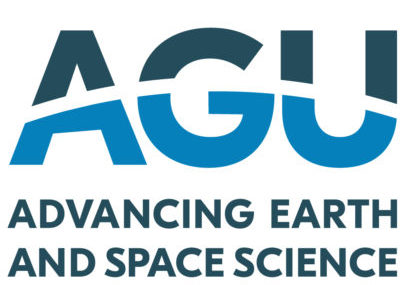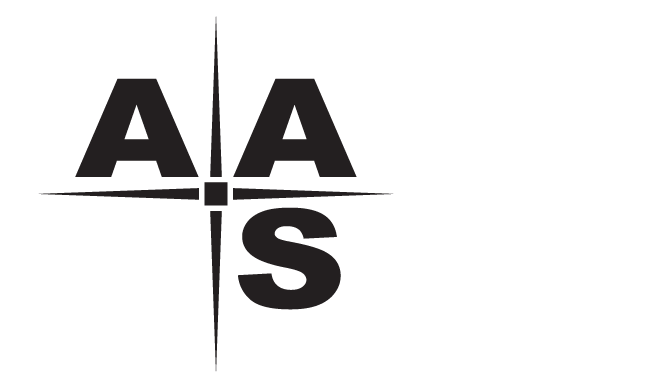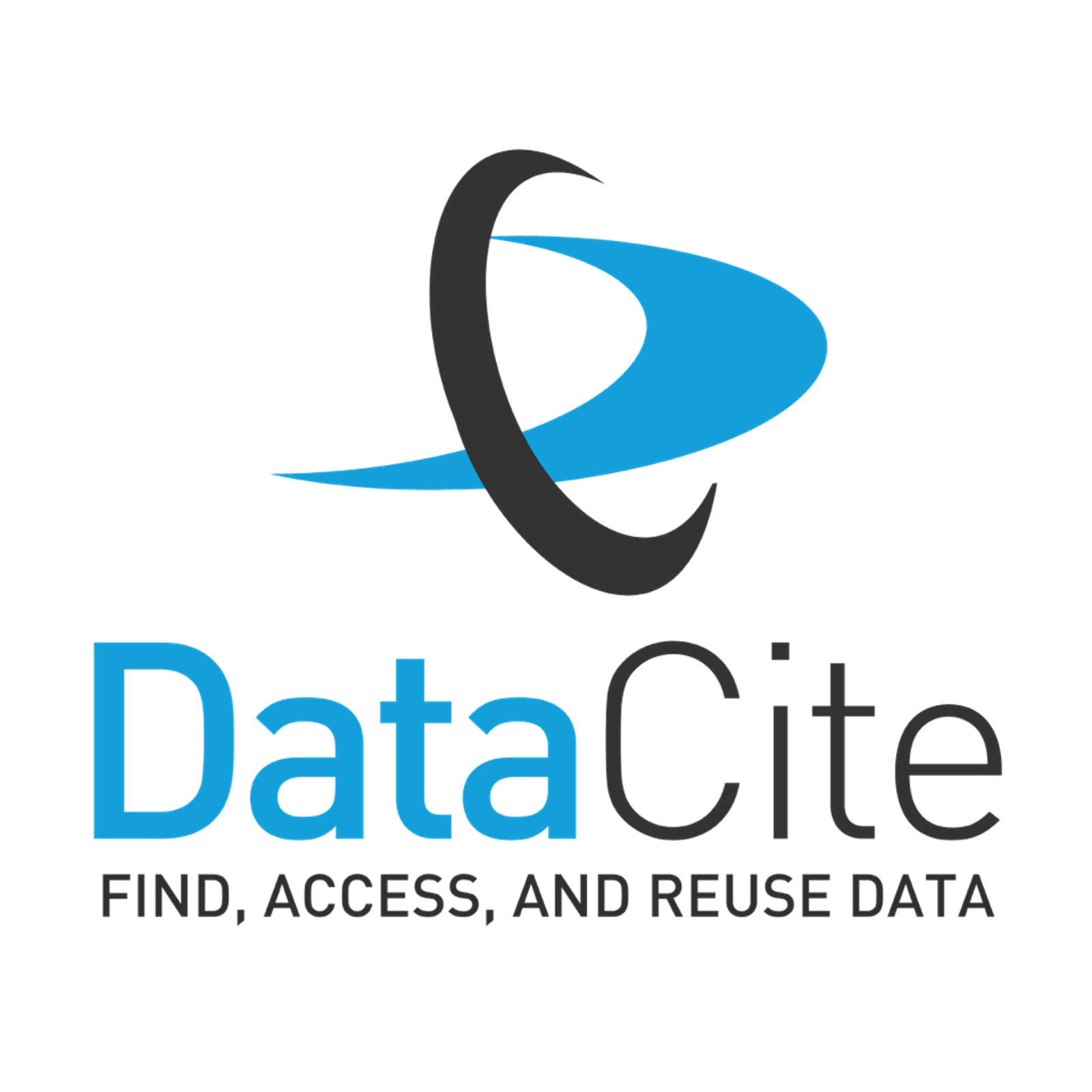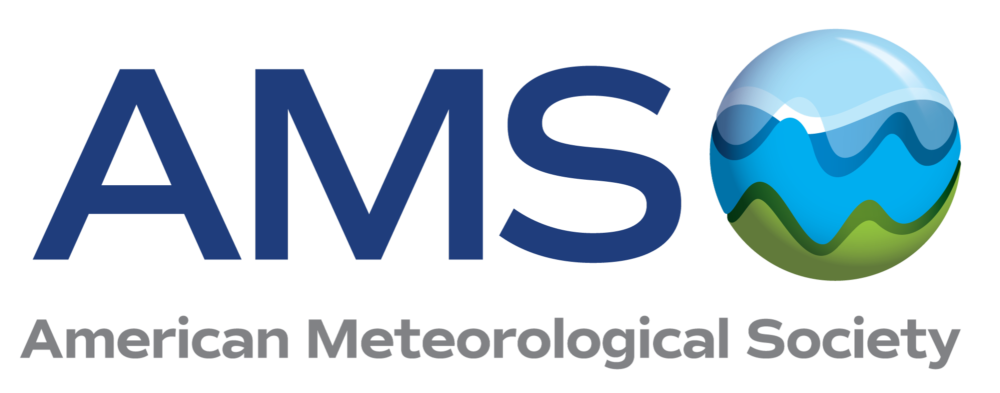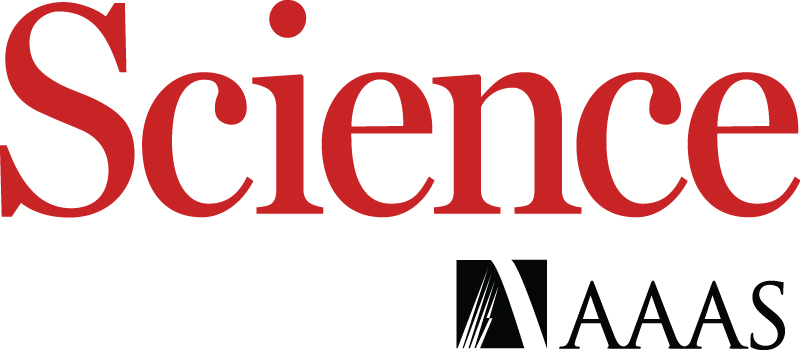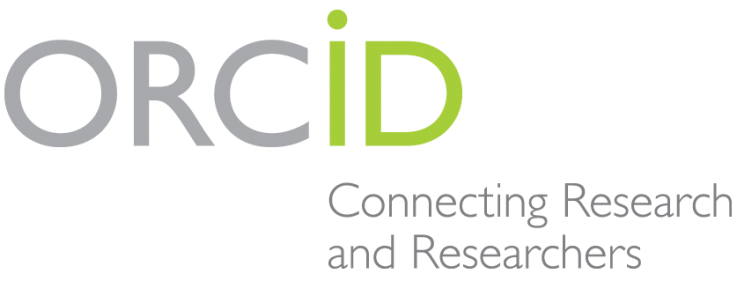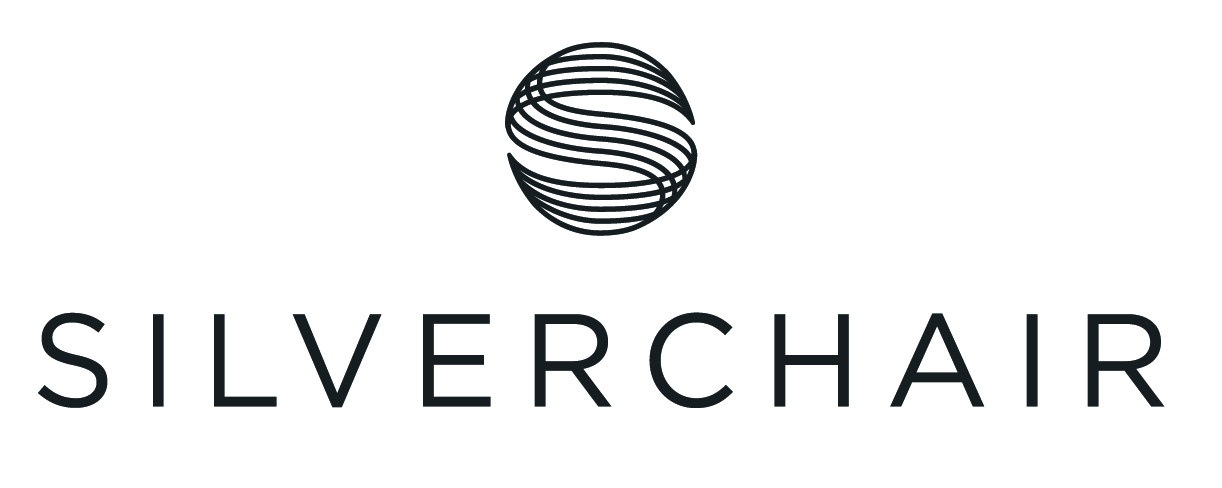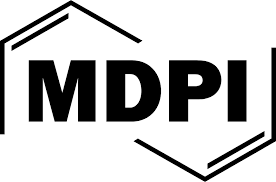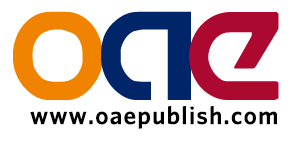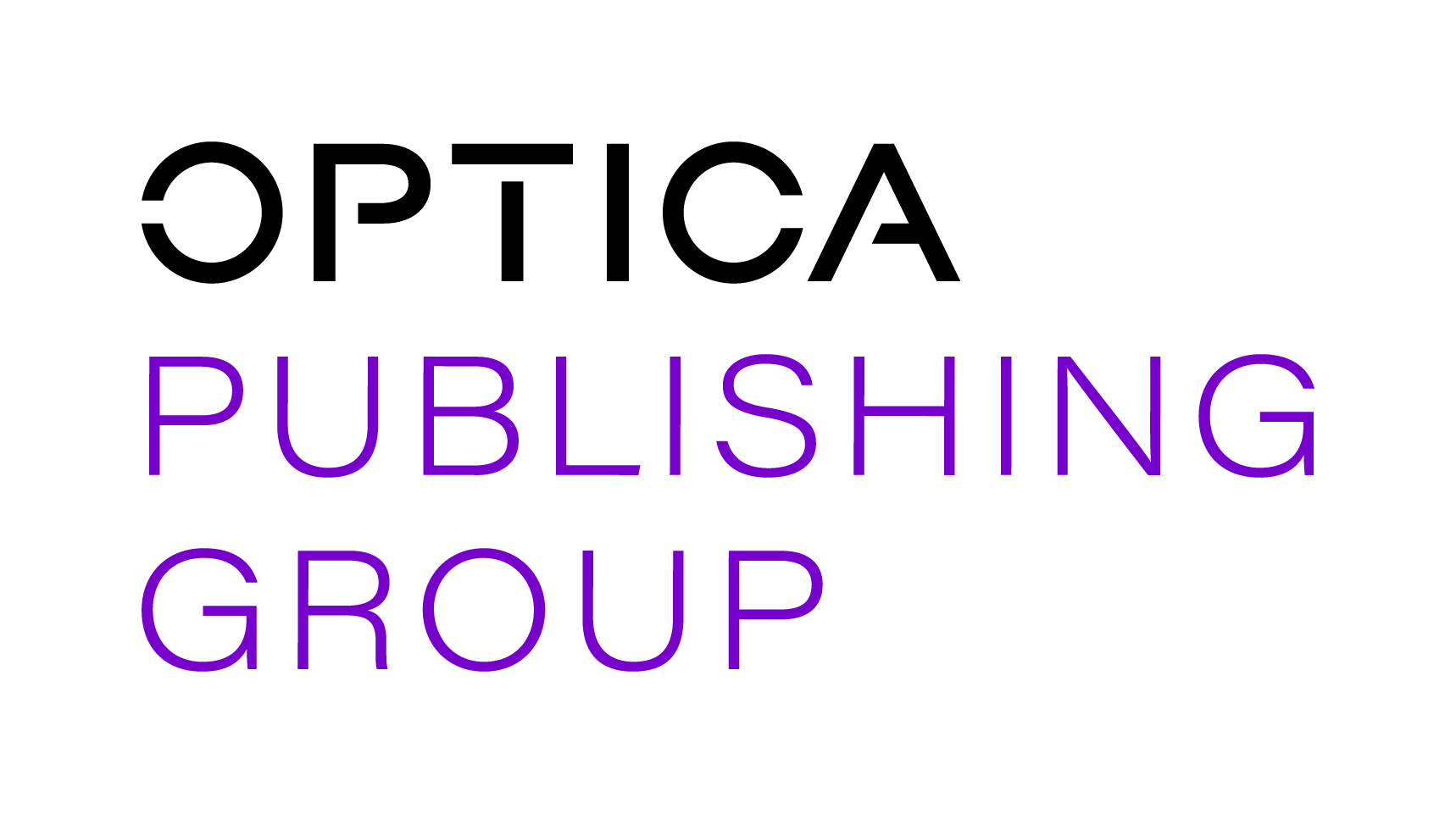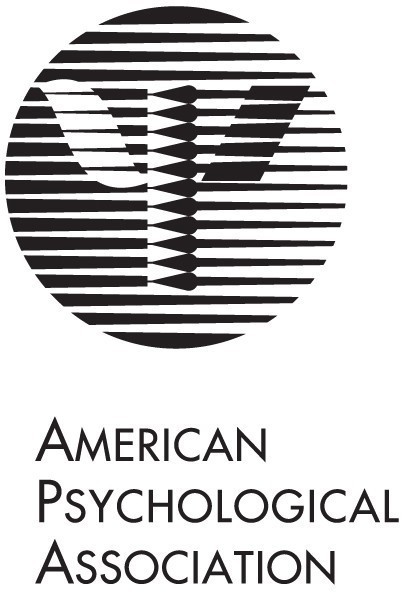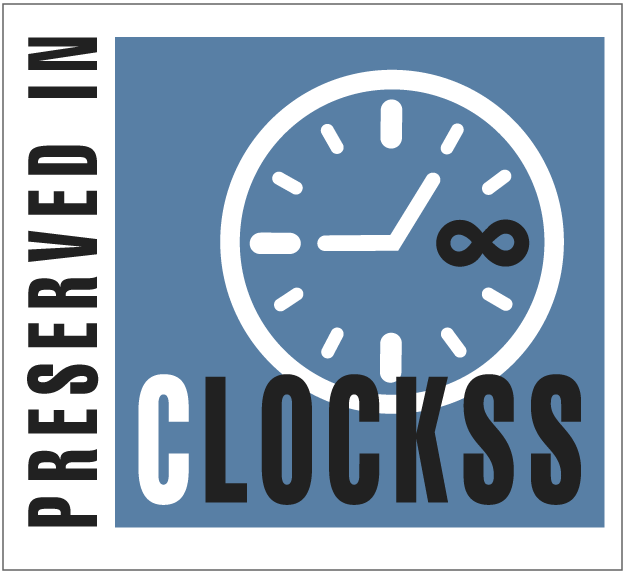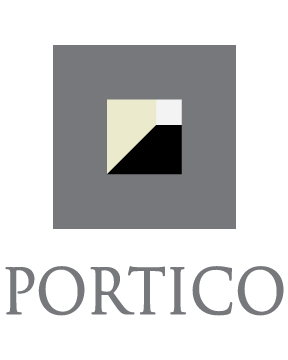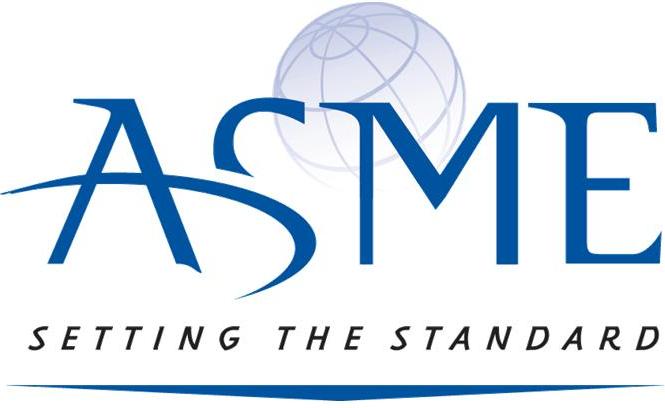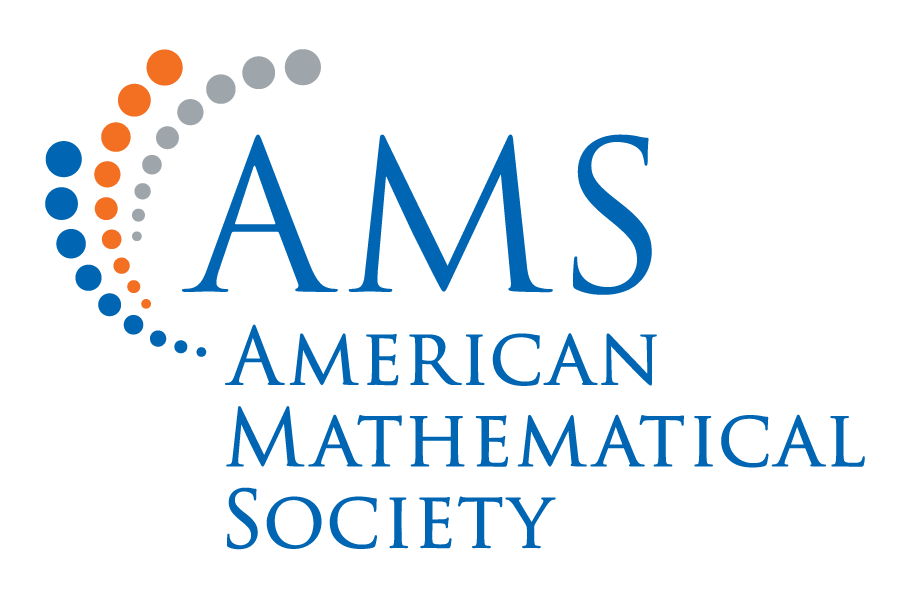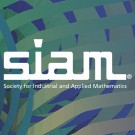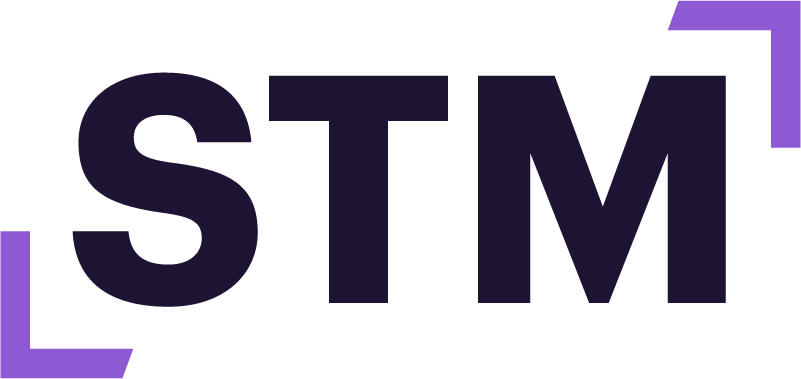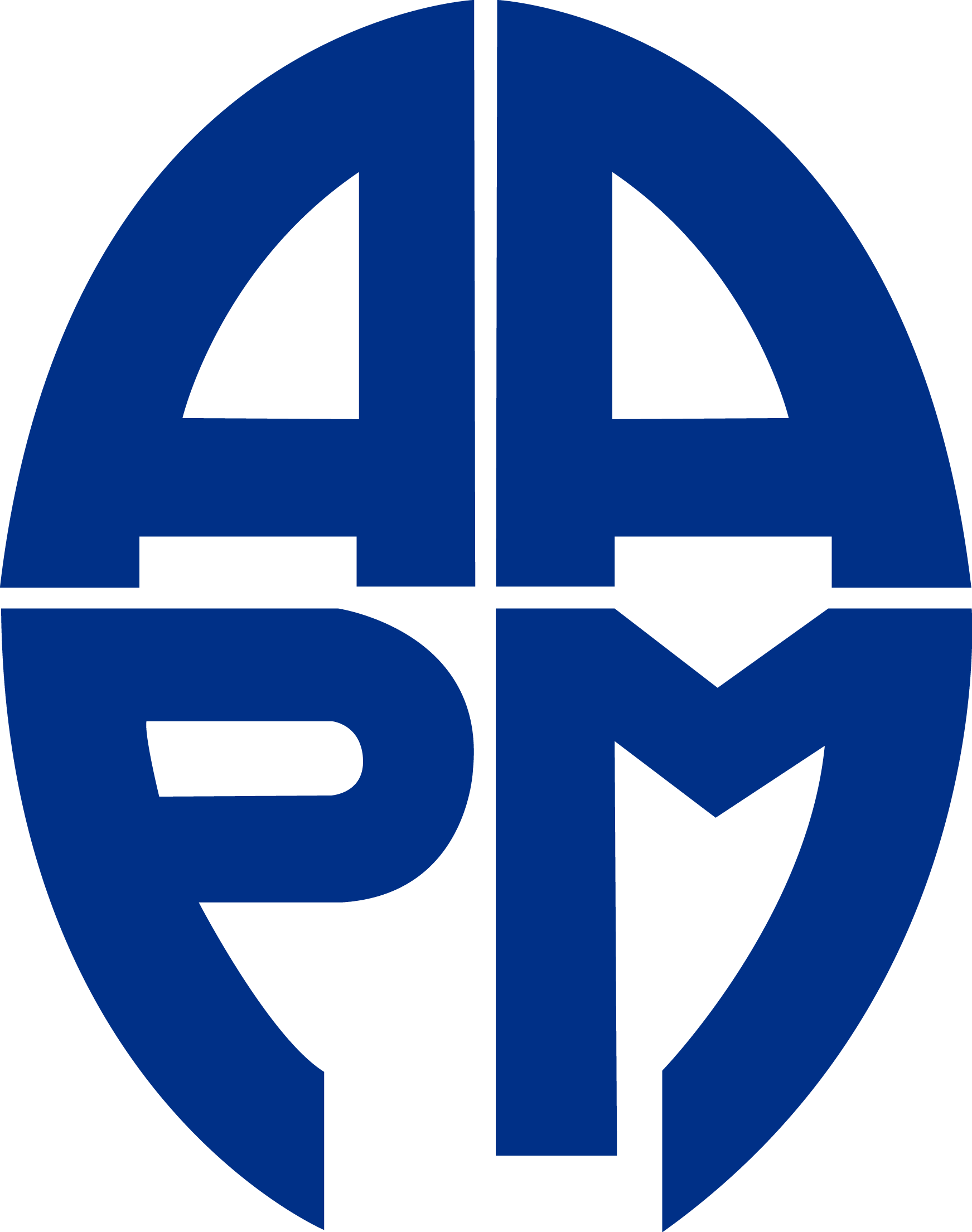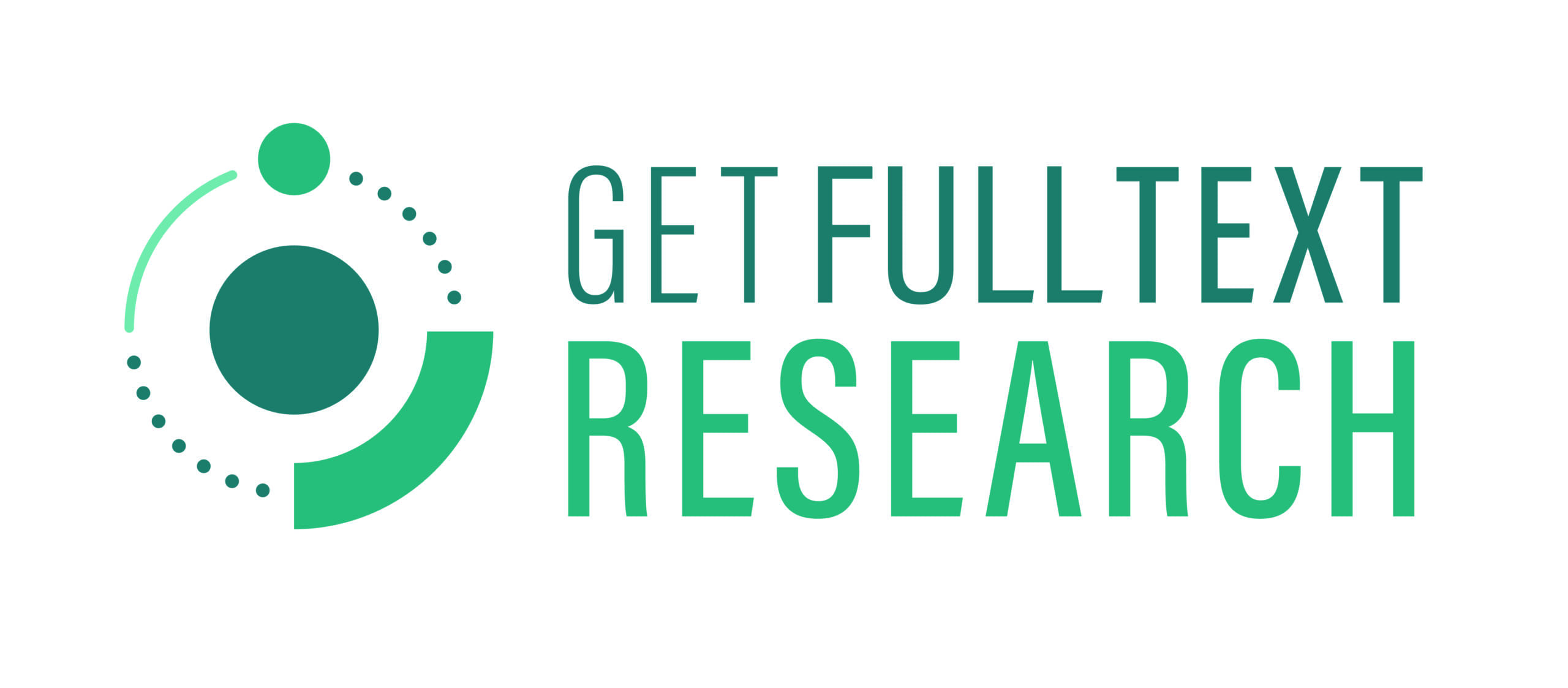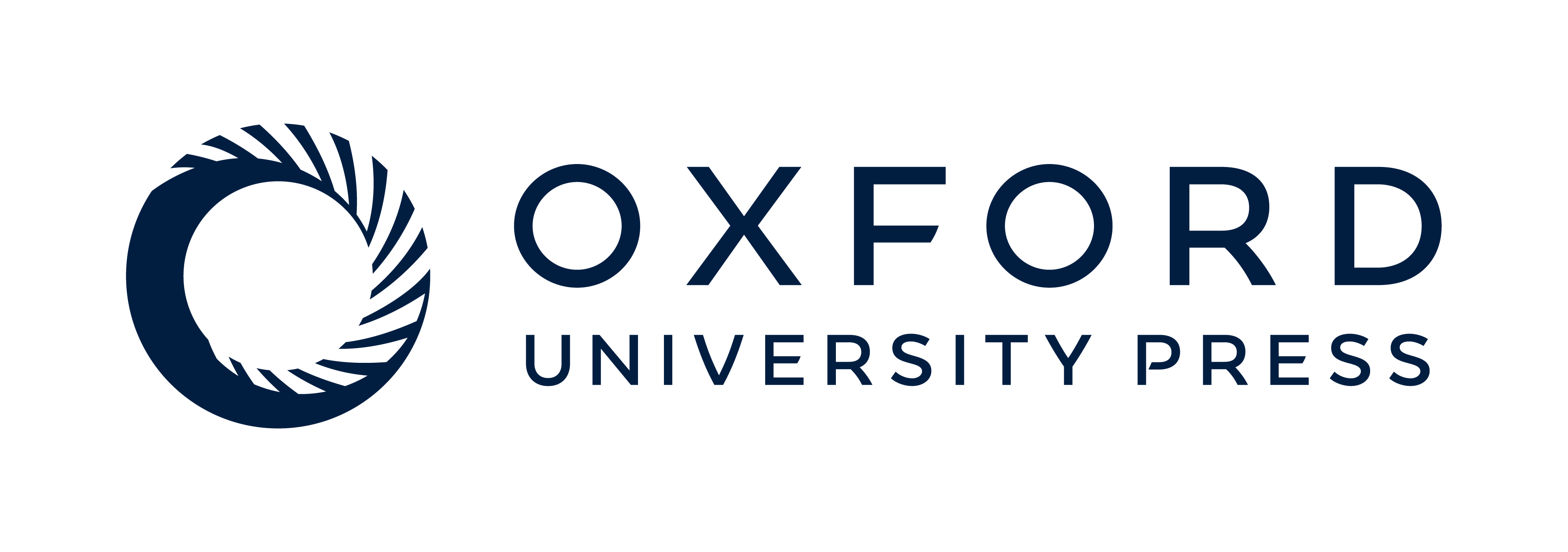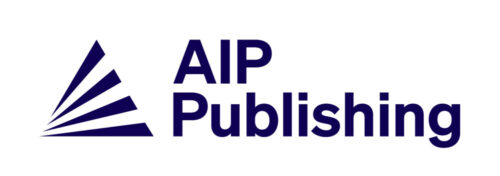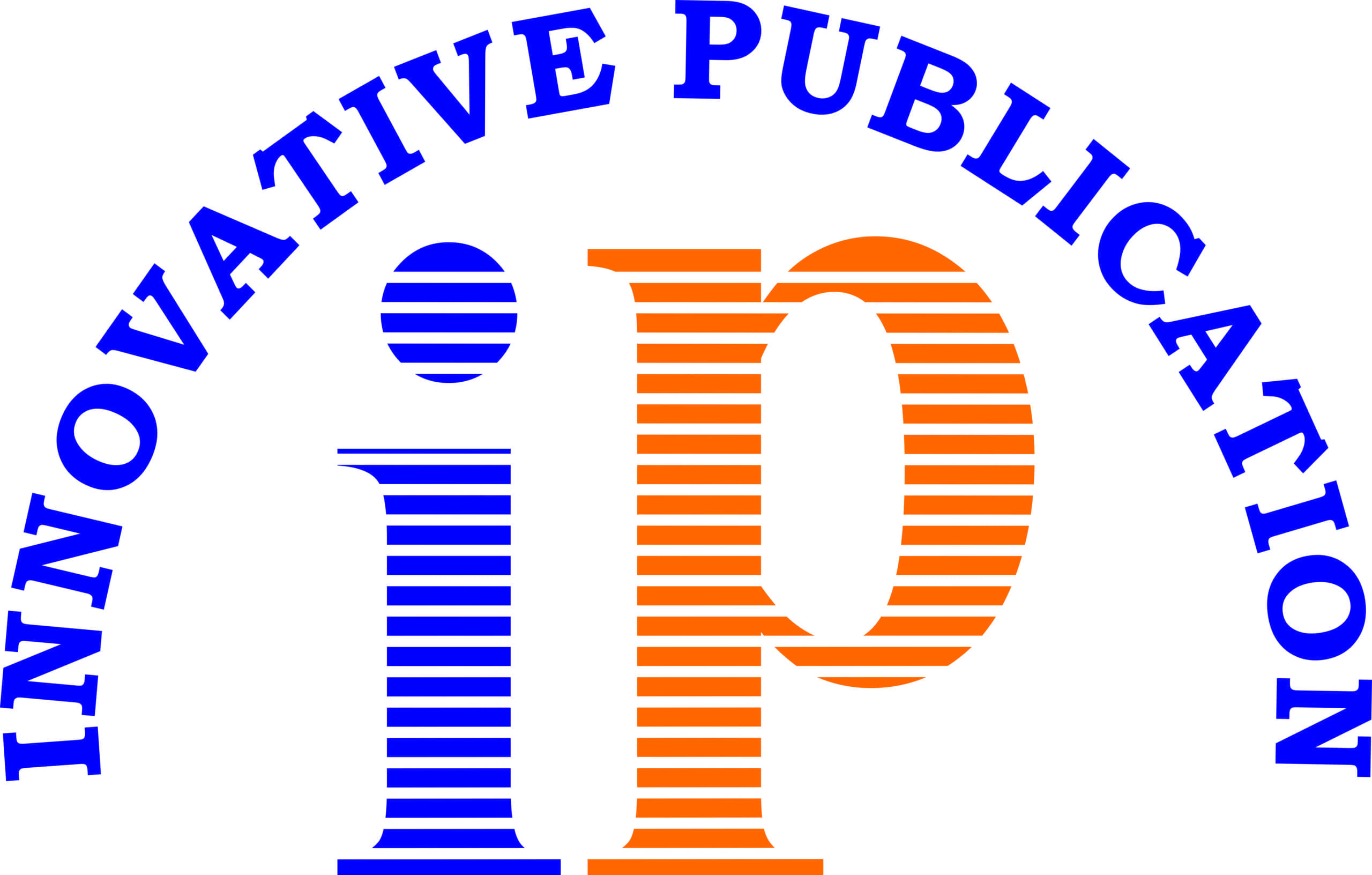In the fast-paced world of scientific research, where discovery and innovations occur daily, and scientific advancements propel society forward, there’s a critical but often overlooked component: research integrity. At its core, research integrity has a handful of ethical principles and values: honesty, objectivity, transparency, accountability, and fairness.
At the CHORUS forum on July 24th, a diverse group of speakers- ranging from society and commercial publishers to academic institutions and standard organizations, assembled to discuss the vital steps their organizations are utilizing to uphold integrity of the scientific record. The forum delved into the vulnerabilities of our trust-based publishing ecosystem and underscored the need for additional collaboration.
Daniel Kulp, Director of Publications and Executive Editor at the AUA moderated the forum asking speakers to outline what they viewed as the most critical aspects of ensuring research integrity.
Edward Dunne, Executive Editor, Mathematical Reviews, American Mathematical Society reported publishers are taking steps by introducing new systems and tools for researchers, librarians, and others to ensure correctness and completeness of the metadata associated with the scholarly works. Doing so helps ensure content is more easily findable, accessible, identifiable, and reproducible (FAIR) and accurate. Ensuring correctness and completeness of the metadata associated with the scholarly records are necessary components to ensure research integrity. “A mixture of tech and human tools can be used to ensure the bibliographic and editorial integrity of the endeavor,” said Edward.
Michael Levine-Clark, Dean of Libraries at University of Denver, highlighted that as an R1 US Institution they have very high research activity but a small institution with $53m annual expenditure for research and use their research information management system (Watermark Faculty Success) to help manage and track the publications of researchers from University of Denver. Being a smaller institution, allows for more detailed analysis to understand publication patterns of researchers, Michael said.
There is a coordinated effort to clean up the metadata about research publications since these feed into public faculty profiles; an important role related to the reputation of the institution. Some of this work is being done in coordination with the Office of Research and the Office of Institutional Research. A challenge for the IR manager is in managing the linking of multiple versions of a publication to the version of record and in identifying who is responsible for managing those versions. All of this work results in investigating fewer than ten allegations of research misconduct annually with most not requiring any mitigation so the numbers are small. The ability to alter datasets hosted by the university is an area of concern, therefore the Vice Provost of Research (VPR) requires researchers doing longitudinal studies to keep a second copy of the datasets they’ve deposited on a local hard drive.
Todd Carpenter, Executive Director, National Information Standards Organization (NISO) spoke about the NISO CREC Recommended Practice (https://www.niso.org/standards-committees/crec). Retractions have been a significant issue in recent years in the scholarly community, with some in our community having to issue mass retractions. Retractions are not a new issue, but project “Reducing the Inadvertent Spread of Retracted Science: Shaping a Research RISRS Project” led by Jodi Schneider from the University of Illinois, Urbana-Champaign, funded by Alfred P. Sloan Foundation set out to establish a project proposal. This work led to the creation of the NISO CREC working group which published on 24 June 2024 the Communications of Retractions, Removals, and Expressions of Concern recommended practices. The CREC document can be found here – https://groups.niso.org/higherlogic/ws/public/download/30869/NISO_RP-45-2024_CREC.pdf.
The scope of the CREC recommended practices are as follows and should be followed by publishers, web vendors, full-text hosts, aggregators, and library services:
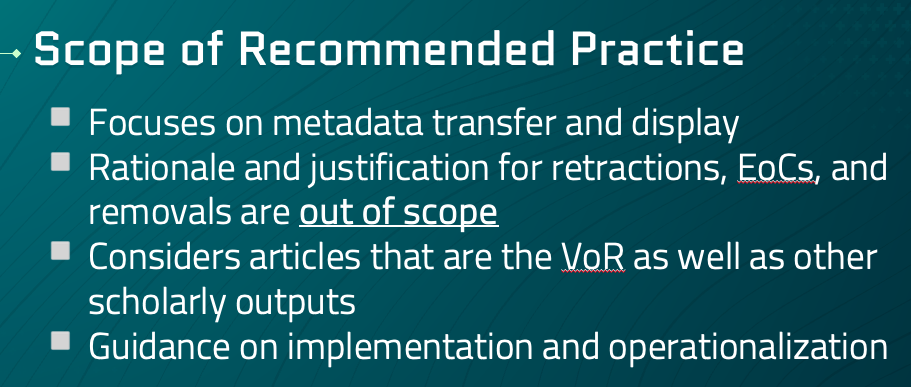
And the essential metadata elements for retracted publications are as follows:
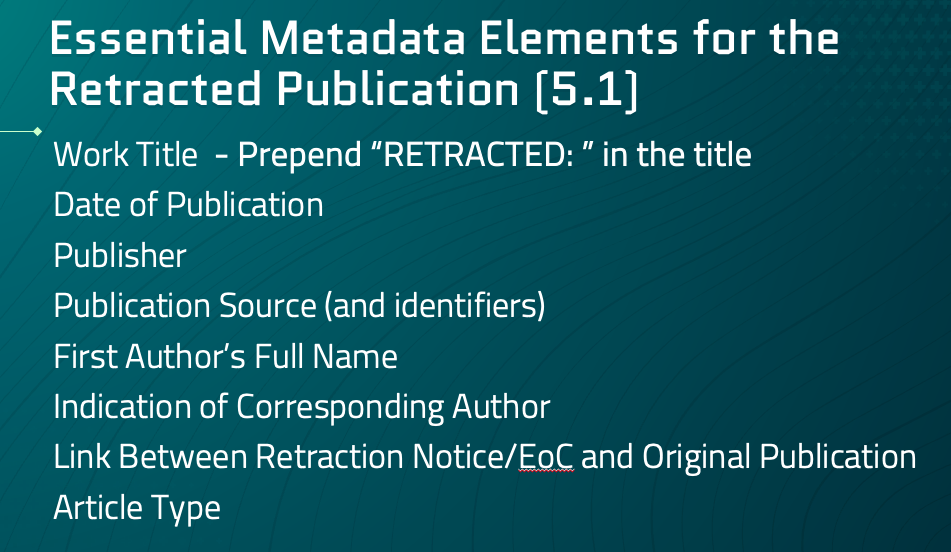
Louisa Flintoft, Senior Publishing Director at Wiley focused on the big picture view of developments in integrity challenges, in particular, the changes publishers are doing to be more proactive in approaches to research integrity and collaboration requirements with all stakeholders in the ecosystem. There are more concerted/industrial approaches to attacks on publishing processes by bad actors who are finding any possible way to get into the publishing processes and infrastructure. We know there are papermill companies that provide authors with fabricated papers, bribe editors, or use fake editors to get papers accepted. Recently, manipulation of citations is also being seen. Citations is one of the ways the community evaluates researchers, whether it’s for an editorial, a peer review, or a role for a journal, or career progression. One way bad actors were able to find their way into Hindawi journals was through guest editorships as Hindawi was using the H index to evaluate expertise, said Louisa. There are increasing efforts to be proactive, rather than reactive. Publishers are deepening commitments to prevention and moving away from trust based theories by looking to further close gaps and vulnerabilities, using systems to identify suspicious activity as mentioned earlier by Edward Dunne, scanning the horizon for the next threat, and working together on initiatives. Approaches underway include but are not limited to-
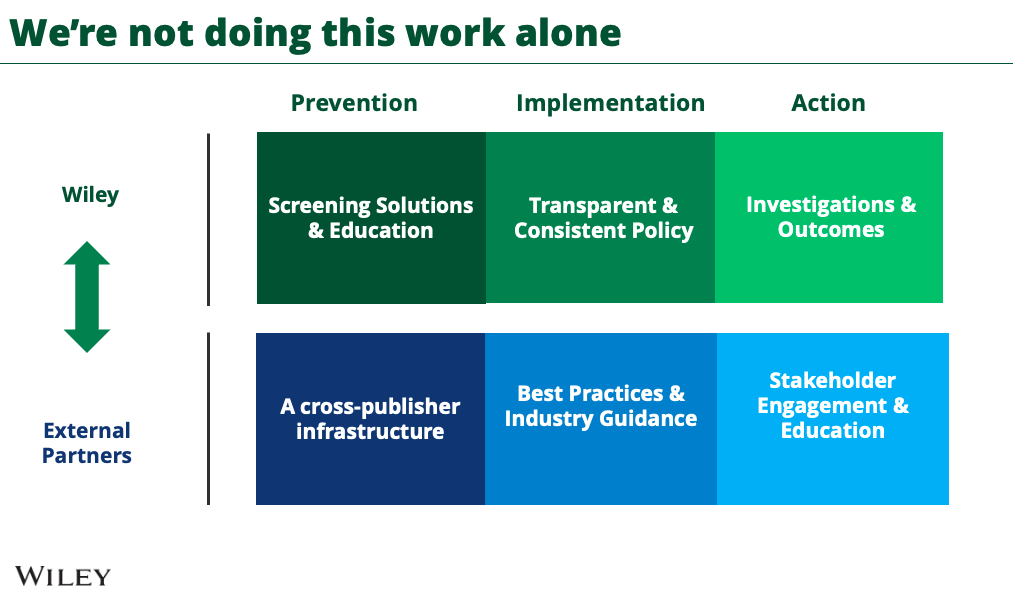
Ensuring research integrity is essential for maintaining the credibility and trustworthiness of the scientific record and community. Often policies and guidelines are in place to promote research integrity and allegations of misconduct should be investigated.
- Promote a culture of ethics and integrity
- Establish clear guidelines and standards
- Provide support and resources
- Encourage transparency and accountability
- Encourage collaboration and peer review
- Address conflicts of interest
- Implement checks and balances
- Promote responsible authorship
Everyone in the scholarly ecosystem should familiarize themselves with these policies and uphold the highest standards of integrity in their research practices.
Be sure to listen to the Q&A session where the panel further discussed research integrity and why it is important throughout the ecosystem.
Links to the speaker presentations and recordings can be found on the event page.
